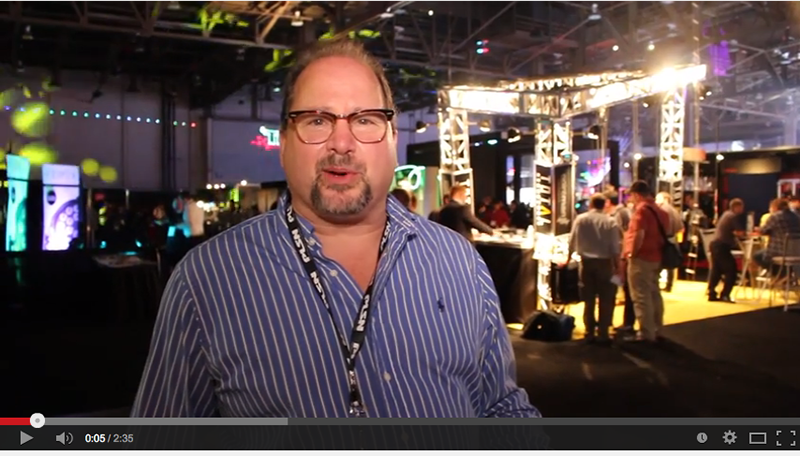
There’s been a lot of time to get an education during this time out. PLSN has been covering many ways to learn new skills. This month, we concentrate on how touring vendors are getting an education and repurposing themselves in many ways to keep busy. I’m educating myself during this down time, as we all should. I think LD Patrick Dierson said it best to me, “Fat, drunk and stupid is no way to come out of a pandemic.”
Brushing Up on CAD
I absolutely love playing with CAD, and have for the last 30 years. I started with Mac Draw in the 80’s. Then I decided I needed something better, if I was going to impress anyone. I asked Patrick Woodroffe what he used for the Stones, and that was good enough for me. Some pals and I bought MiniCAD 6 around 1994. It was an exciting time as each of us raced to learn something new, then talk each other through the process. Within months, we were making 3D renderings, the type where you clicked “render” on the computer, went to bed and hoped the image was baked by morning.
MiniCAD became Vectorworks, and instead of just offering a new version when the time was right, they started offering a yearly perpetual with maintenance program. This came backed with a support program called Vectorworks Service Select. I stayed up with the program as long as I could, but the fact was, 15 years later, I could draw a decent plot, then hand it in to the lighting vendor who would, in turn, hand me back a perfected model. I designed too many shows to keep up with the software, which led me to ignoring the program after 2011. I had no need to update my software often, so I turned down the Service Select program. My sole use to upgrade was for new symbols, it seemed.
But the company was respectful; they were cool with my decision. They called me every year to see if I may be interested in rejoining. Every three years or so, I did, just to update my software and use a few new tricks. Come last March, I got my yearly call. I realized that I had never come close to even mastering 2017, so I asked some questions. One being, “I am self-taught and have never learned the proper way to utilize your program. How can I get someone on the horn to sit down and talk me through some questions?” I was answered calmly, “As a part of our service plan, you have always had the ability to talk with us. But how about if I hooked you up with our expert, Jim Woodward, who can answer your questions?”
Honing New Skills
I had time to take a call. Plus, I wanted to learn about these GDTF fixtures. An hour later, I bought the software upgrade. I have not had this much fun drawing in 20 years. The tools I always wanted, the way I always envisioned working in 3D, are all there now. Heck, they have a Vectorworks University. This morning, I took the two-hour beginner class as a refresher. I found about 20 shortcuts I should have known and 20 new ways to work more efficiently.
This week, I am concentrating on Spotlight rigging and Braceworks analysis, a module that allows me to figure out all kinds of rigging scenarios. I’m a kid in a candy store. I’m moving trusses, calculating weight loads — heck, I can even take a plot and visualize which company sub-rented me every single piece of equipment being used on that show. For once I can get accurate weight loads that I am not guestimating with pencil, pen and the internet. I can adjust the tilt on a truss, and it will redistribute the weight load on each motor. And boy, am I asking questions to a patient rep.
It took a pandemic for me to have enough time to relearn this program correctly. But I’m looking at this program with a new set of eyes now. After 25-plus years, I am pleased with Vectorworks and my solid investment. They never pressure me and seem to always welcome me back with open arms, on my terms, when I’m ready.


